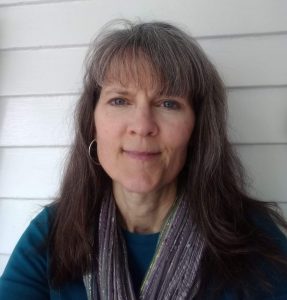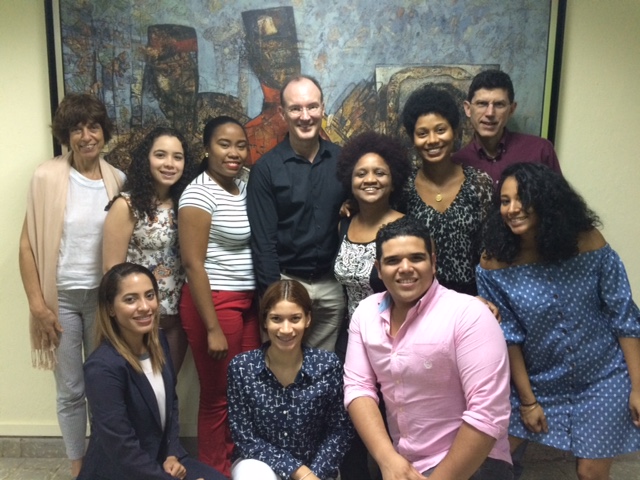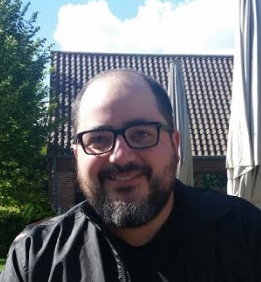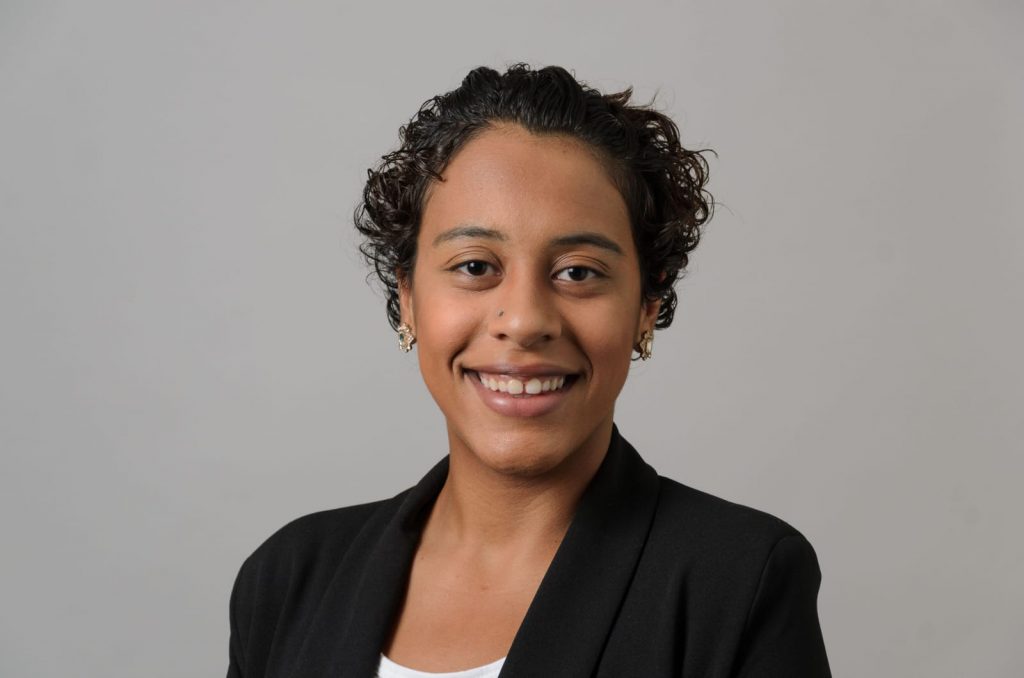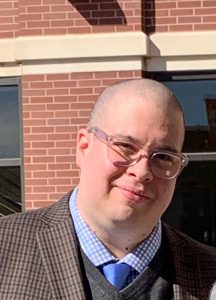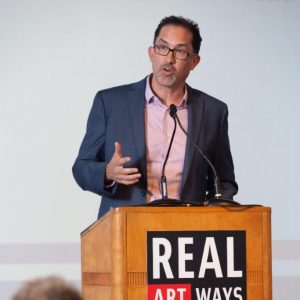We, the faculty and staff of the interdisciplinary Centers, Institutes, and Programs, stand together to express our shock, our heartbreak, and our outrage at the horrific and senseless killing of George Floyd and the ongoing violence against Black people.
George Floyd, David McAtee, Tony McDade, Ahmaud Arbery, Eric Garner, Breonna Taylor, Kathryn Johnston, Ayiana Stanley-Jones, Michael Brown, Trayvon Martin, Tamir Rice, Alton Sterling, Freddie Gray, Philando Castile, Sandra Bland. Too many to list and too many to forget.
Each of these names represents a human being, dehumanized, rendered invisible, a Black life cut short by brutality and wanton violence.
We cannot look away. We cannot remain indifferent. We cannot be silent.
We must expose and confront the deep, pervasive, systemic issues that continue to fuel one tragedy after another. We must work together to bring real change. As academic units and programs of the university founded on principles of social justice and human rights we reaffirm our commitment to educating the next generation of healers and freedom fighters. The vision of change, which this crisis on top of a catastrophic pandemic calls for, is a broad, systemic, and intergenerational strategy. We recognize that broad societal change cannot be legislated alone, but must be cultivated community by community, day by day. To that end, we reaffirm our commitment to creating communities of accountability; implementing actions that dismantle the status quo of white supremacy; and amplifying the voices and experiences of people of color.
As a first step, we encourage you to join us in programs that will bring communities into conversation including tonight’s AACC Town Hall Meeting, presented by The H. Fred Simons African American Cultural Center:
The COVID-19 Pandemic and Racism in the African-American Community
Thursday, June 4, at 6 PM
https://preview.mailerlite.com/k8h6u0/1435486084640281891/n9g0/
We also encourage you to read the public statement on anti-black violence from the Africana Studies Institute:
https://africana.uconn.edu/wp-content/uploads/sites/2732/2020/06/ASI-Statement_final.pdf
We stand together with communities of color across the country as they yet again are subject to pain and suffering at the hands of a racist and unjust system. We support our students, from the African American, Asian American, Puerto Rican and Latin American, Women’s and Rainbow Centers, and Native American Cultural Programs, and all who are struggling to demand recognition of their rights and transformation of the conditions in which they live. We are not silent. We are not indifferent. We are implicated and, therefore, responsible. We will not stand idly by while the blood of our community members cries from the ground.
“Justice is not a natural part of the lifecycle of the United States, nor is it a product of evolution; it is always the outcome of struggle.”
― Keeanga-Yamahtta Taylor, From #BlackLivesMatter To Black Liberation
You are not alone. We are with you.
In solidarity,
African American Cultural Center
Africana Studies Institute
American Studies Program
Asian American Cultural Center
Asian and Asian American Studies Institute
Center for Judaic Studies and Contemporary Jewish Life
El Instituto (Institute of Latina/o, Caribbean, and Latin American Studies)
Human Rights Institute
Puerto Rican/Latin American Cultural Center
Rainbow Center
Thomas J. Dodd Research Center
The Women’s Center
Women’s, Gender & Sexuality Studies Program
